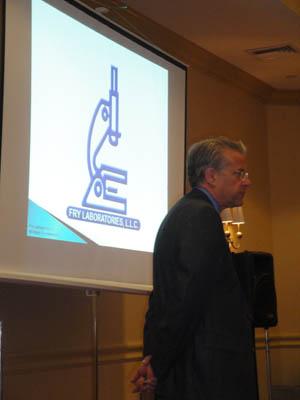Esther12
Senior Member
- Messages
- 13,774
While it is comforting that he is not a money grabber, in my opinion we need more healthy scepticism, and less "true believing" in our line of research.
I don't see someone being a true believer as a good thing either. Cautious, uncertain and honest about one's ignorance is what I would want from a CFS 'specialist'! Unfortunately, such a person would probably be unable to have any sort of career or income.
re "If a pathogen is found, what do you do?" - It depends if the testing methods which found it have been shown to be reliable. It would depend on how widespread the pathogen was amongst the human population, and whether it was associated with any health problems. It would depend upon how successful the proposed treatment had been shown to be. It would depend upon the risks and costs of any proposed treatments.
There are so many unreliable tests floating about which can be used to claim problems in particular areas, or that certain treatments are needed, that I don't think it's worth just having a go with random ones, and hoping for the best.
I know that it's difficult though, and then when one's health is badly affected and no-one knows why, it's really tempting to just try things out, or trust people who claim that they can help. Some people stumble upon something which they think helps them in this way. Personally I'm not keen on this sort of thing though, and think that we'd be better off if we insisted that doctors have truly compelling evidence in support of any of the claims which they make to patients.

